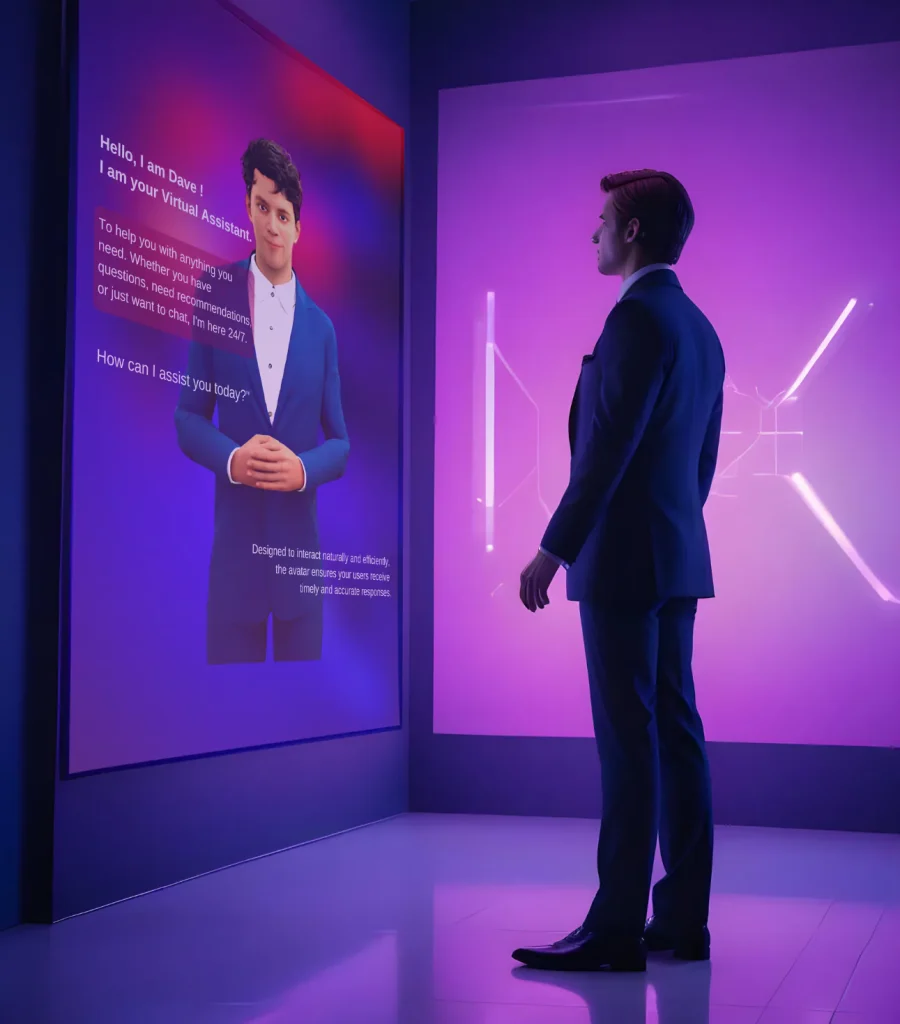Core idea of this paper:
- Introducing sales avatars as AI-driven digital representatives.
- Exploring how AI-powered avatars offer scalable solutions compared to traditional selling methods.

The challenge
Traditional selling methods—like in-person interactions, cold calls, and physical storefronts—have long been central to commerce but come with notable limitations. In-person selling requires significant time and effort, limiting scalability, while cold calling can feel intrusive and often leads to low conversion rates. Geographical constraints and limited customer insights further restrict these methods, making it difficult to personalize interactions, a key factor in today’s data-driven world.
Sales Avatars for Virtual Selling
As a result, an increasing number of B2B buyers now favor virtual sales, with more sellers recognizing its advantages. Sales avatars are a way to leverage digital channels to complement or even replace these traditional approaches. Sales virtual avatar can bring any digital platform to life. These avatars replicate the decision-making capabilities of a human sales representative, enabling human-like interactions that guide customers through various products and solutions via voice or text. By engaging customers in real-time, virtual avatars provide an intuitive product discovery journey.
B2B buyers prefer virtual sales interactions
Companies are realizing its importance
Predictions
The future of virtual selling with avatars is promising to say the least. Bill Gates predicts that in the next few years, virtual meetings will move from “2D camera image grids to the metaverse, a 3D space with digital avatars.” Sriram P H, Co-founder and CEO, DaveAI mirrors the same sentiment and talks about the immense potential of virtual selling: “63% enterprises lack assistance in online discovery while 82% customers expect immediate responses to their queries while looking to buy a product or service, creating a $90 billion opportunity in digital commerce for retail and BFSI.”

